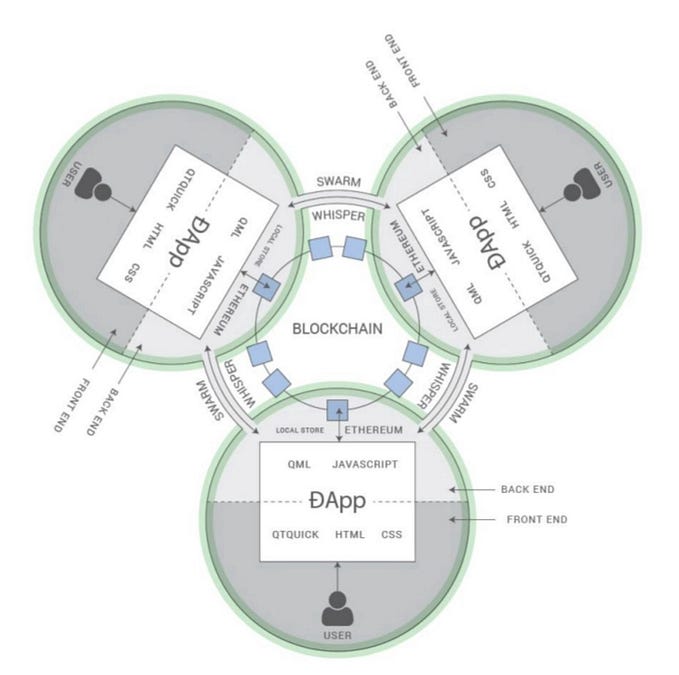Can you go completely paperless?
In days gone by it was necessary for travel companies to keep paper copies of documents in order to send them off to auditors, clients or the tax man. Filing cabinets cluttered offices and sometimes even store floors. Rows of lever arch files full of paperwork would sit on shelves.
Happily times have moved on. Even the tax man is asking for digital copies of VAT returns and we all know how slowly the gears of the government can grind. So if you haven’t already, here’s why you should (and what you will need in order to achieve it).

1. Make some space
That tiny box under your desk with the lights and which whirrs softly to you? It will store all the documents in all your filing cabinets and lever arch files, probably several times over. Even an average computer can hold more than you would think possible. Just think of all the square metres of space you can claim back. You could fit in a smart seating area, refreshment facilities or something else equally customer-pleasing.
Things to think about:
You will need to ensure you back up your data. You probably already do this anyway, whether using a cloud solution or tapes, but ensure that you have tight back up procedures in place and that your latest back up is stored securely offsite overnight in case of fires, natural disasters or theft.
2. Smoother workflows
For companies which are planning on expanding or are already based on multiple sites, getting the right documents to the right people can be a pain when relying on paper documentation. Either you are reliant on the post service which is rather slow compared to our ‘everything now’ culture, or else you are spending much more time than you should be with a flatbed scanner.
Things to think about:
For growing companies or those which are already operating from multiple locations, a full back office system and CRM will mean documentation is instantly shared with the right people by password-protected multi-level access. Multiple companies can also access data for each company through the same system, meaning all your documents are in the same place.
For smaller companies with home workers, cloud-based solutions for document sharing and professional email systems can be more efficient than paper.
3. Detail at your finger tips
No one likes to feel as though they weren’t cared about or remembered. This goes doubly so when these people are your clients. Having their details from your last phone call, email or face-to-face discussion immediately to hand will reinforce the feeling of being cherished. Having to sort through a rift of paperwork or find an entry in a diary is more likely to have a disparaging effect.
Things to think about:
A good reservation system and CRM will only take a matter of seconds to find a previous provisional or confirmed booking, online enquiry or notes from a discussion and (with a little polite chatter) can be done without the client even noticing, ensuring they feel well-remembered.
For small companies there are many free options which operate basic CRM facilities and reporting functions and are a good route to a paperless business.
4. Be more trusted
Now this may seem counter-intuitive given the level of focus there has been recently on data security but using digital methods to store and share data really is more secure. It just requires some care. As mentioned earlier, VAT returns are going digital via an API. The government would like the least possibly interference in the numbers they receive and using digital accounting is the best way to achieve this as it is ‘hands-off’. When a booking is made and a payment is received or refunded it will automatically be recorded in your reservation system’s accounts module. Much better than hand-writing and accidently misplacing a decimal point or adding an extra zero, or printing a spreadsheet and misplacing a page.
This same level of protection is offered for client data, company data or anything else that would be better off locked down behind a password than lying on the administrator’s desk.
Things to think about:
Ensure you have good security in place and that you are using the most up to date versions. Where possible, use applications which store sensitive data in an encrypted format.
Check that you are using strong passwords and that you are following tight GDPR processes (you should have these regardless of whether data is stored digitally or as paper copies).
Reservation systems and CRMs with granular access will ensure only relevant people can see data.
Keeping a clear log in the notes section of changes made will help everyone stay up-to-speed and able to track how a booking has progressed and help to identify any errors made.
5. It’s good for the environment and your bank balance
You know, in case this wasn’t already a factor. Paper costs in both trees and money. Going digital requires using what you have but more efficiently.







